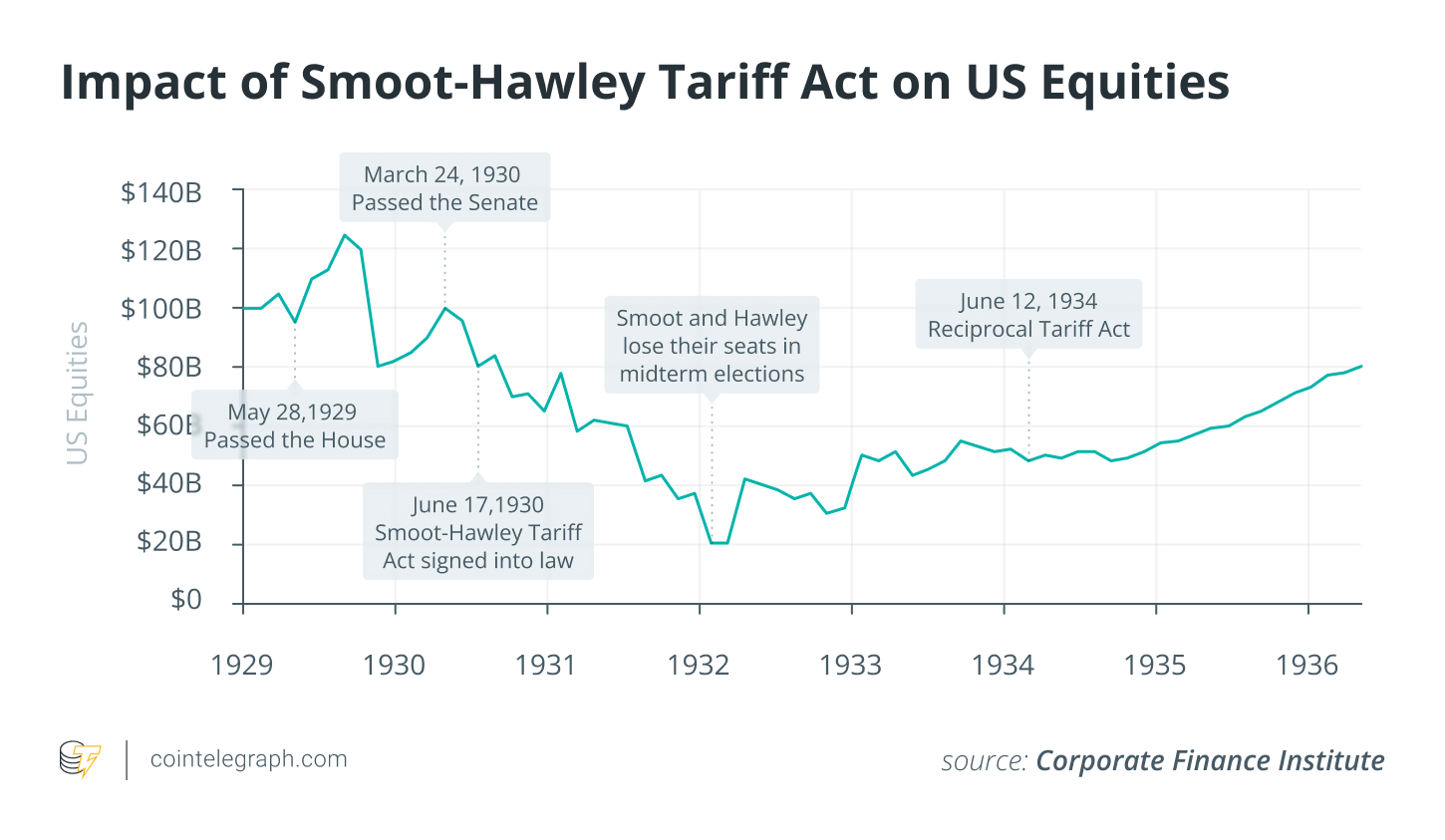
A Legal House of Cards?
President Donald Trump’s ambitious tariff program has sparked a wave of legal challenges, putting his trade policies under intense scrutiny. Critics argue that the tariffs are not only economically damaging but also potentially illegal, based on questionable interpretations of existing laws.

The Legal Foundation of Trump’s Tariffs
The legal basis for Trump’s tariffs lies in the International Emergency Economic Powers Act (IEEPA) of 1977. While the IEEPA is primarily known for allowing presidents to impose sanctions on hostile nations, the Trump administration has attempted to utilize it to justify tariffs on a global scale. This novel interpretation has drawn significant legal challenges.

The Legal Arguments Against Trump’s Tariffs
The core argument against Trump’s tariffs hinges on the assertion that the IEEPA doesn’t authorize the president to impose tariffs. Additionally, critics argue that the IEEPA‘s delegation of such broad authority to the president violates the principle of separation of powers.
- The IEEPA‘s Scope: Critics argue that the IEEPA‘s language focuses on “unusual and extraordinary threat[s],” and that the nearly universal tariffs imposed by Trump don’t align with this intended purpose.
- The Nondelegation Doctrine: This doctrine limits Congress’s ability to delegate legislative power to the executive branch. While the doctrine has been weakened over time, critics argue that the broad authority given to Trump under the IEEPA violates this principle.
The Political Question Doctrine
The Trump administration has sought to shield its tariffs from judicial review by invoking the “political question doctrine.” This doctrine suggests that courts should avoid resolving issues best left to the political branches, such as foreign policy decisions. However, opponents argue that the question of whether the IEEPA authorizes tariffs is a legal issue, not a political one, and thus within the purview of the courts.
The Implications for Crypto
The ongoing legal battle over Trump’s tariffs has intriguing implications for the cryptocurrency market. As tariffs only apply to physical goods, cryptocurrencies, which are borderless and digital, remain outside the reach of these trade barriers. The uncertainty created by Trump’s trade policies may inadvertently push the adoption of cryptocurrencies as an alternative to traditional trade channels.
The Future of Trade Policy
The legal challenges to Trump’s tariffs could have a profound impact on US trade policy. If successful, these challenges could force a reexamination of the president’s authority to impose tariffs and may set a precedent for future trade negotiations. The legal landscape surrounding trade policy is evolving, and the outcome of these lawsuits is likely to have far-reaching consequences for the US economy and its international relationships.


